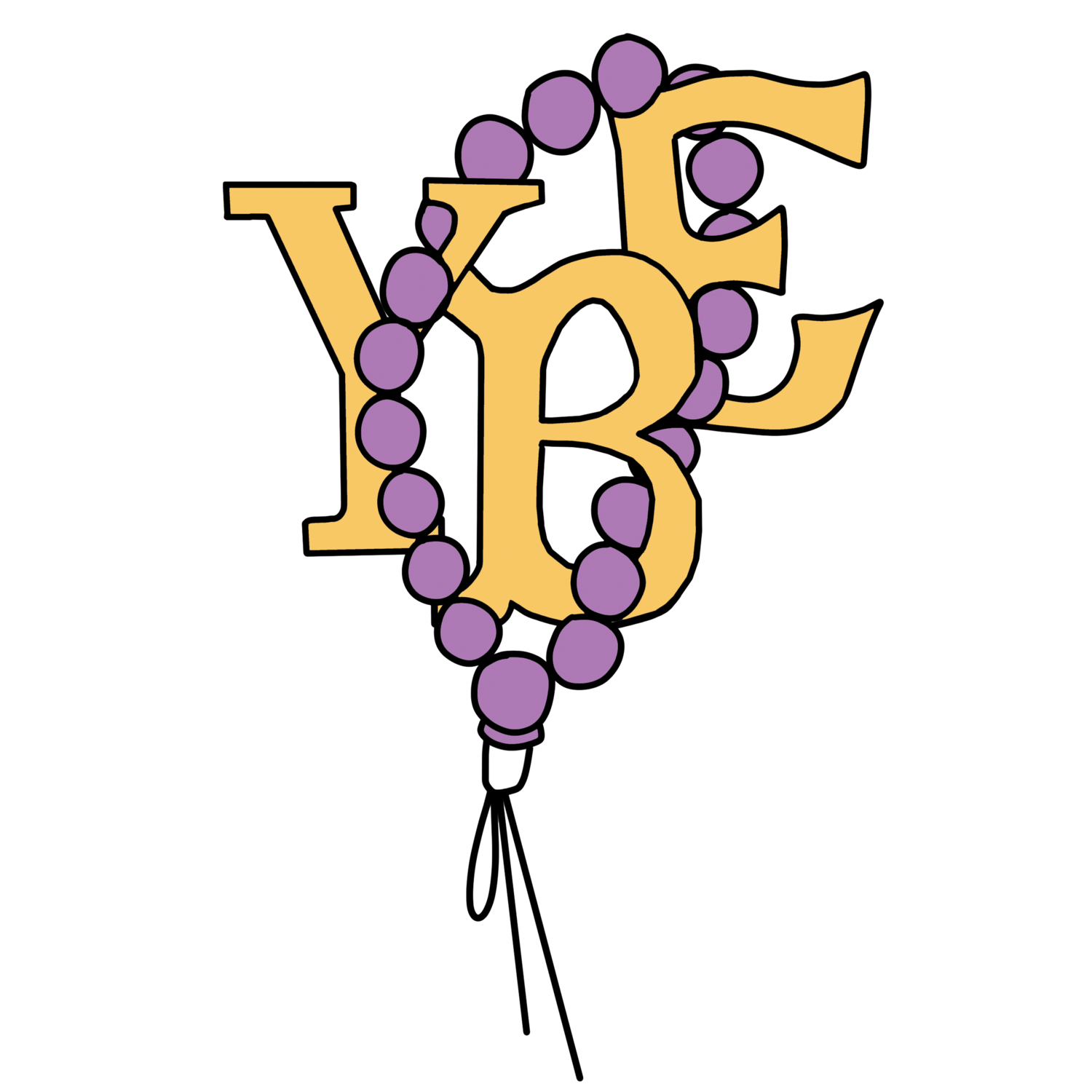The Power of Identities through an Adopted Girl’s Perspective
By Sheera Tamura | She/Her/Hers
Until I came to college, I didn’t realize that there was an entire month dedicated to Asian Pacific Americans. It really struck me at my core as I reflected upon what being an Asian American in today’s society means to me. With the many racist induced fears due to the current COVID-19 pandemic, and politicians like Andrew Yang stating that we as Asian Americans must prove our “loyalty" to America, it had me thinking about my many identities and the adversities that I’ve faced throughout the process.
I was adopted from Wuhan, China at the age of 18 months. My mother traveled all the way from Hawaii to Wuhan with the dreams of adopting a little girl because she herself, was not able to conceive a child. As I grew up within a safe and loving Japanese household, my mom would always remind me that I was a Chinese American at heart. However, as I was deeply immersed into the Japanese culture through Japanese Classical Dancing, I came to notice that I did not look like any of my Japanese Dancing sisters. People from my community would come up to my mom and say, “You’re daughter will always look like a 'pake' (Hawaiian slang term for Chinese) therefore, she will never be a true Japanese dancer”. It was from then on when I decided to hide my Chinese American identity because I was truly ashamed for not looking Japanese enough.
Fast forwarding to the summer of 2019, I decided that I wanted to participate in the Japanese American Citizens League (JACL) annual Kakehashi Project. This project is a government sponsored trip that sends a cohort of young adults to Japan with the hopes that the selected participants will be able to bridge an international connection between Japan and the United States. As soon as I looked at the application requirements, my heart sank. The requirements explicitly stated that this trip is only available for students of Japanese American descent. I was confused, conflicted, and hurt as many of my other AAPI friends had the opportunity to participate in past Kakehashi trips without this new revision. Nevertheless, I persisted because in my heart, I knew that I was a Japanese American despite my blood being Chinese.
During the opening session of the 2019 Kakehashi Program, there was a lecture about what being Nikkei-jin or Japanese American should mean, as the room was filled with 90 plus participants of Japanese American decent. However, during the Q + A portion of the seminar, I asked in front of all my advisors, fellow participants, and Japanese government agents, “Because I was adopted from China and raised within a Japanese household, am I allowed to call myself a Nikkei-Jin?” The response that I received changed my life forever. The lecturer answered, “No, you may not call yourself a Nikkei-Jin because your blood is not Japanese. You may only call yourself a “Nikkei” as that term is used for people who affiliate themselves within the Japanese culture, but you will never be a Nikkei-Jin”. The emotions that I felt during that second of a moment was undeniable. I felt the love of identifying as Japanese American being stripped away from me as I was humiliated in front of 100 plus individuals. I felt powerless and ultimately, very disheartened.
Through the experiences of my identities being altered and stripped away by various individuals, I have reflected upon Amida Buddha’s Primal Vow of embracing all beings without discrimination. As many adopted children face confusion in regards to their various identities, I have learned that blood does not make up ones race or identity in the same way that DNA does not make a family. What makes up one’s identity(s) is the love they feel towards whatever their identifying as. My Japanese American family has provided me with unconditional love from the moment my mom and I shared our first hug in China. Therefore, going forward, I am very grateful to identity as a Chinese Japanese American woman who loves all of her identities because in the end, my identities are not labels that people can define me as but instead, they are what has inspired and embraced me for all that I am.






